In this article:
Proper sleep is vital to your general health as it makes you feel refreshed and re-energized in the morning.
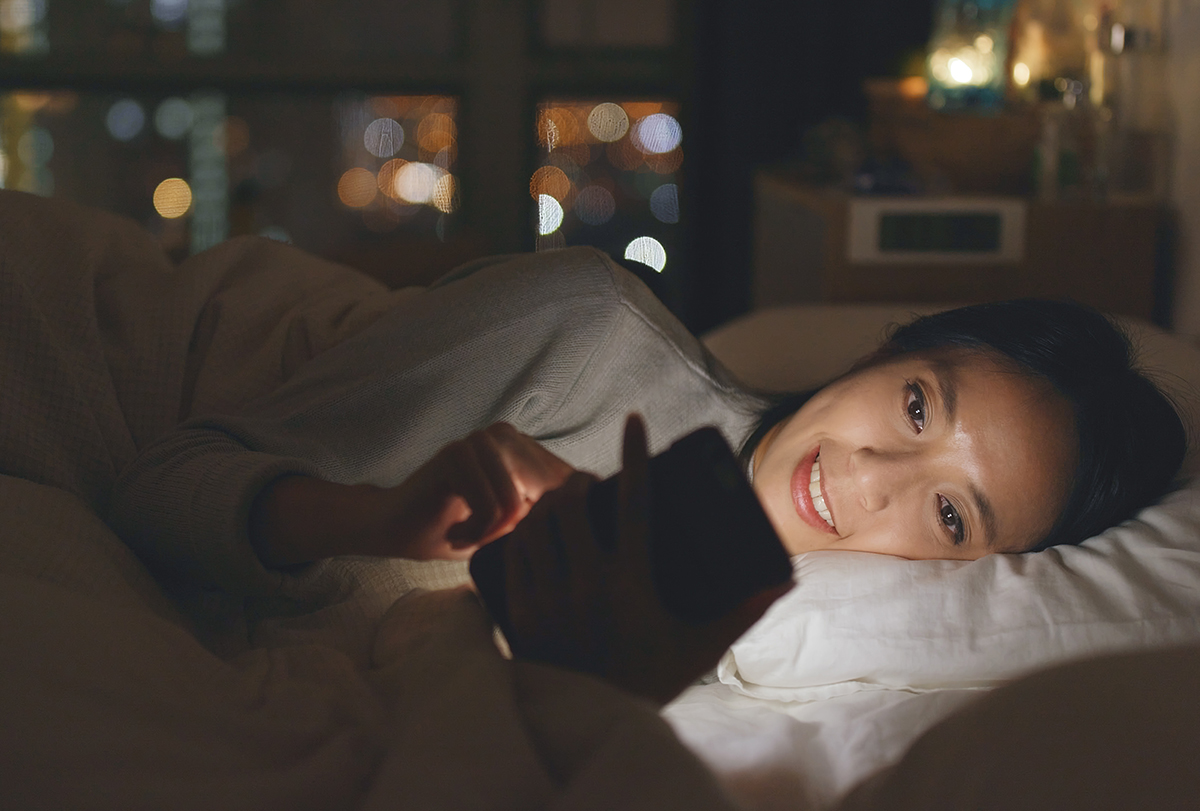
Unfortunately, many people suffer from a lack of sleep due to their busy schedules or health disorders. It is essential to realize how sleep can affect your mood, energy level, mental capacity, and overall health.
Pay close attention because you’re going to have your mind blown when you learn a few stats about how much sleep can impact your metabolism.
About Body Metabolism
First, let’s lay the groundwork with a very simplified explanation of what your metabolism actually is!
It’s tempting to think of your metabolism as a “thing” – like your body’s speedometer that controls the rate your body burns energy.
But your metabolism actually is a complex process. There is a long list of things that can affect your metabolism, including factors that you can’t control – such as your age, genetics, and gender.
However, you can manage your lifestyle to help boost your metabolism, with sleep being one of the biggest influencing factors.
Factors That Affect Sleep
Multiple factors affect your quality of sleep.
1. Room temperature
The temperature of your surroundings highly influences your sleep type as it affects thermoregulation in the body. It can also have an impact on your sleep quality, i.e., slow-wave sleep and REM sleep. (1)
2. Poor mattress
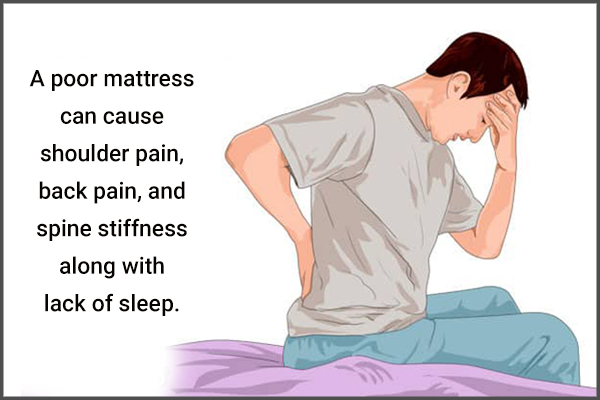
Different types of mattresses apply varying degrees of pressure on your body, thus affecting your sleep.
It is important to select the mattress best suited to your needs. In general, mattresses with medium firmness yield the best results.
A poor mattress can cause shoulder pain, back pain, and spine stiffness, along with a lack of sleep. (2)
3. Smoking
Smoking can result in a decline in your sleep duration, quality, and efficiency and can cause multiple sleep disturbances. Moreover, smoking increases the risk of insomnia. (3)(4)
4. Using a cell phone in bed
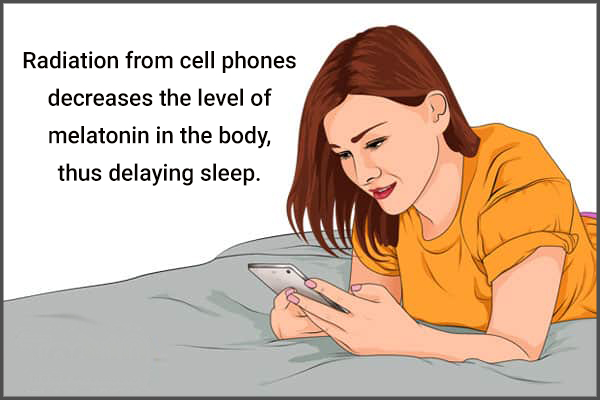
People commonly use cell phones after lights out until they fall asleep.
Radiation from cell phones decreases the level of melatonin in the body, thus delaying sleep. It also induces daytime sleepiness. (5)(6)
5. Cold water wash
While a cold shower has multiple benefits, taking one before bedtime can stimulate your body and thus can reduce tiredness and sleep. It may induce wakefulness and may delay your sleep.
6. Late-night coffee
The caffeine content of coffee stimulates your body and causes sleep latency. As a result, you have poor and short sleep, inflicting drowsiness in the daytime.
Because of tiredness during the day, you may consume coffee for an energy boost, thus entering a coffee cycle. (7)(8)
7. Peppermint-flavored toothpaste
Peppermint, like coffee, induces alertness in the body and keeps you awake. The smell of peppermint can affect sleep quality and latency. (9)
Therefore, brushing your teeth with peppermint-containing toothpaste before bedtime can delay your sleep.
8. Sleeping with pets
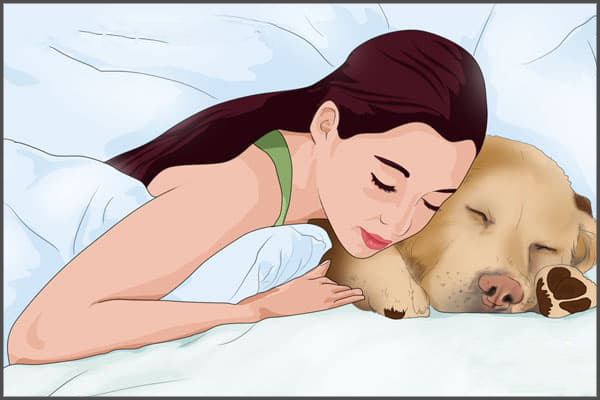
Some people have poor sleep when sleeping with their pets. This is generally due to the movements of the pet, the sensation of which may disturb sleep.
However, many people also claim to sleep better with their pets around them. (10)
9. Night-shift jobs
Working a night-shift job disturbs your normal sleep-wake cycle. This, in turn, affects the overall quality and amount of sleep, eventually affecting your performance.
It may also get increasingly difficult to sleep through the day, thus creating a lack of sleep. (11)
10. Loneliness

Along with physical factors, your social life can also affect your sleep. Being socially active induces a sense of security and improves the quality of sleep.
Loneliness, on the other hand, can result in sleep fragmentation and poor sleep. (12)(13)
Effects of Poor Sleep on Metabolism
Not getting enough sleep affects your metabolism, usually causing weight gain. Poor sleep takes a toll on your body’s hormonal system and induces excessive hunger.
A lack of rest causes the body to produce more ghrelin, the hunger hormone, and reduce the production of leptin, the satiety hormone. (14)
Moreover, poor sleep lowers your willpower and increases your sensitivity toward seeing or smelling food, making you want to eat more. As a result, you increase your calorie intake.
Additionally, due to lack of rest, your body’s efficacy of burning calories reduces, and you end up gaining weight.
Studies showed that getting only 5 hours of sleep can reduce your fat loss rate by more than half. (15)(16)
Dietary Suggestions
A healthy, nutrient-rich diet plays a key role in resting your body. By contrast, consuming sugary, fried foods close to bedtime can disrupt your sleep.
It is recommended to consume high-fiber, low saturated fat, and low-sugar foods throughout the day.
Lifestyle Changes to Aid Sleep
It is easy to stress over the fact that you are not getting enough sleep. This stress can further have a negative impact on your sleep.
Making some small changes to your lifestyle during the day and before bedtime and modifying your dietary patterns can easily help induce sleep.
Steps to Be Taken During the Day
The following measures during the day can help set you for a good night of sleep:
- Go out for a walk in the morning to absorb some sunshine, helping reinforce your natural circadian rhythm.
- Get some exercise during the day to increase tiredness. This also helps reduce the stress hormones in the body.
- Avoid taking naps, especially late in the day.
- Try not to consume coffee or other caffeinated beverages in the evening.
Steps to Be Taken Near Bedtime
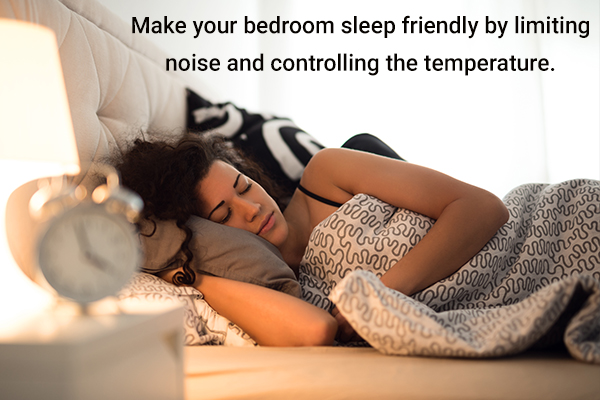
Here are some things you can do close to bedtime:
- Avoid heavy meals for dinner.
- Do not consume alcohol a few hours before bedtime.
- Dim the lights in your home an hour or two before going to sleep to signal your body to get ready for sleeping.
- Avoid any devices that emit blue light, including phones and TV.
- Make your bedroom sleep-friendly by limiting noise and controlling the temperature. You can also try adding white noise to help you sleep.
- If you have a pet, you may try sleeping without them for a few days to check if their movements are the source of the problem.
- Since getting good sleep is vital to your overall health, it is best to consult a doctor if you can’t sleep despite taking these measures. Your lack of sleep may be a result of an underlying cause.
Final Word
“Sleep is the golden chain that ties health and our bodies together.” – Thomas Dekker
Sleep is a vital part of life, and its deprivation can severely impact your mental and physical health.
Sleep latency and quality can be easily affected by simple things such as coffee, cell phone usage, and lights. Therefore, it is important to understand what influences your sleep and take measures to improve it.
- Was this article helpful?
- YES, THANKS!NOT REALLY


